Editor's Note: GOOD's parent company is a proud partner with Global Witness, sharing stories of their mission challenging abuses of power to protect human rights and secure the future of our planet.
Despite Chevron's public comments in support of the Black Lives Matter movement, Global Witness finds that Chevron gives over four times more campaign funding to US politicians who fail to uphold racial justice and civil rights legislation.
As the United States faces a watershed moment in the country's movement for racial justice, Chevron is aiming to portray itself as an ally to Black communities with public statements of solidarity in the struggle against systemic racism. However, Global Witness found that behind the scenes, the company funnels hundreds of thousands of dollars through its political action committee to politicians whose civil rights voting records earned "F" grades from the NAACP[1]. According to a Global Witness analysis, Chevron gave over 4 times more in political funding to candidates with "failing" civil rights grades than to politicians with "passing" grades, as scored by the civil rights organization's 2019 Legislative Civil Rights Report Card for the 116th Congress.
In the aftermath of the brutal and highly visible police killing of George Floyd in Minneapolis, Minnesota late May 2020, millions of people flooded the streets in major cities and small towns alike to vocally oppose longstanding police violence and racism. Corporations took to social media to publicly show their support for the Black Lives Matter movement. Yet, while companies like Netflix, Citigroup, and Amazon voiced their support, the fossil fuel industry was largely silent, with just a few releasing statements in the days that followed. Chevron was the only major US oil company to do so.
It wasn't the first statement on racial justice to come from Chevron. The oil major, which calls itself a "human energy company," has previously spoken out on racial justice issues. The company has boasted commitments to diversity and inclusion, highlighted partnerships with historically Black colleges and universities, and cited efforts internally to improve diversity in their workforce, including among leadership. Following Floyd's death, the company tweeted their solidarity and shared statements from top executives.
But behind the public persona, Chevron is propping up politicians who consistently work to oppose and dismantle policies that would further racial justice and equality. According to public campaign finance records[2] for the current election cycle spanning 2019 and 2020, Chevron has given at least $529,500 through its political action committee to US Congressmembers with failing civil rights grades, as scored by the NAACP. This compares to $124,000 given to politicians with passing grades.
Nearly half of Congress received a failing grade from the NAACP, largely falling on partisan lines. However, 80% of the members of Congress whom Chevron has contributed to have failing civil rights marks. Many elected officials with poor civil rights records are also key advocates for the oil and gas industry, and Chevron is notorious for its massive political spending to push pro-industry interests[3]. But it appears the company's political spending also props up politicians who use their positions of power to further entrench racial injustice.
For example, Chevron has contributed to Sen. Tom Cotton (R-AR), who recently penned a disturbing New York Times op-ed calling to "Send In the Troops" in response to ongoing protests against police brutality and racism. His argument to deploy the military on protestors caused many to point out how Cotton's call to arms would put Black residents at risk.
In response, Cotton defended his article and referred to the backlash as the newsroom's "woke progressive mob." The senator, who called for justice for George Floyd in a sparse resolution also opposing calls to defund police, received a dismal NAACP civil rights score of 7%. His poor civil rights voting record is largely due to judicial confirmations that risk dismantling civil rights law, such as the appointment to an appeals court of Steven Menashi, the author of a controversial 2010 academic article appearing to promote ethnonationalism.
Or look to Sen. John Cornyn (R-TX), the former Republican Senate Majority Whip who maintains a tremendous amount of influence in the party. Chevron gave the maximum possible donation to Cornyn as limited by FEC guidelines[4]. In the aftermath of Floyd's killing, the senator said it was a reminder that "we have a long way to go in the fight for equal justice under the law," and recently joined a handful of his Republican colleagues in a working group on legislation to overhaul policing. But he then went on to reject the notion that systemic racism within policing and beyond exists in the United States, seeming unable to accept the notion of implicit racial bias.
The Texas senator, who earned a disgraceful 7% civil rights score, is also cozy with fossil fuel interests. He is the top recipient of oil and gas money across the board, and recently introduced a bill to gift oil and gas companies a government handout amid the coronavirus pandemic.
Then there's Sens. Martha McSally (R-AZ), Joni Ernst (R-IA), Steve Daines (R-MT), Cory Gardner (R-CO), and Thom Tillis (R-NC) – all of whom received maximum contributions from Chevron and failing grades from the NAACP. They all make up part of a joint fundraising committee that includes a former conservative talk radio host with a well-documented history of racist and misogynistic comments.
McSally, who joined Senator Cotton in introducing the modest resolution calling for justice for Floyd, has also advanced hateful rhetoric. In 2018, she proposed, apparently in jest, a border wall between California and Arizona designed "to keep these dangerous criminals out of [the] state," in a reference to California's sanctuary city policies to not cooperate with federal immigration enforcement. At the same time, she has been criticized for putting Big Oil ahead of the public health of her constituents and hosts an overwhelmingly anti-environment voting record.
When asked by Global Witness about its funding of politicians with failing civil rights records, Chevron reiterated its support for diversity and inclusion in the workplace and said: "We support candidates based on a wide number of factors including their views towards the need for affordable, reliable and ever cleaner energy. We engage with and support many elected officials who take positions on a wide range of issues. We are not always aligned with all of their views but it is important for us to be part of the dialogue and share our perspectives, including those on diversity and inclusion, with candidates."
A pattern of hypocrisy
But Chevron's spending doesn't just go to politicians with poor racial justice records, they also give substantial amounts to outside groups. For instance, Chevron contributed $1.625M to the Senate Leadership Fund (SLF), a super-PAC tied to Senator Mitch McConnell (R-KY). The SLF has pledged nearly $11M in advertising through state-based affiliates to support McConnell, who as Senate Majority Leader has arguably been the largest single roadblock to progress on racial justice through the legislative process in recent years.
Consider "The Voting Rights Advancement" Act of 2019, an effort to restore and build upon the landmark civil rights legislation of 1965 that tackled racial discrimination in voter suppression. The 2019 bill passed in the House of Representatives, but has been blocked by McConnell for the better part of the year. Just this week, Democrats renewed calls to allow a vote in honor of the recent passing of civil rights icon and champion of the Voting Rights Act, Rep. John Lewis (D-GA). Yet McConnell has so far indicated no intention of doing so.
For all its lip service to racial justice and equality, Chevron's backing doesn't end with politicians who push hateful rhetoric and dismantle civil rights policies. In an analysis on corporate ties to police foundations, LittleSis found that Chevron holds a spot on the Houston Police Foundation board and previously partnered with the foundation to host a law enforcement conference in Houston. Police foundations, which partner with corporations to raise money that supplements police budgets, enable spending on technology and weaponry with little public oversight. Chevron's ties to this police foundation show a willingness to ignore the calls of the Black Lives Matter movement to dismantle the systemic racism of policing even as they claim to support it.
The oil major also operates in insidious ways that directly oppose their proclamations of solidarity with marginalized populations. Just last month, E&E News revealed Chevron was likely behind a public relations scheme to convince journalists to push the message that environmentalists advance "radical" climate policies, such as the Green New Deal, that would hurt minority communities. The apparent slip-up listed Chevron's name at the bottom of the press release, though Chevron has denied involvement in the campaign. The revelation, however, shows efforts to peddle a false narrative around environmental policies by stoking racial divides.
Time and again Chevron's actions go against their proclamations. As many have ardently pointed out, including Drilled's Amy Westervelt, Chevron's #BlackLivesMatter statements ignore the charges of environmental racism perpetuated against communities of color where the company has polluted for generations.
In Richmond, California, where Chevron has presided since 1902, more than 80% of residents are people of color. Organizers from these communities have long fought for their health and safety, battling in the courts to try and hold Chevron to account for pollution violations and failed safety measures. Health conditions disproportionately impact Richmond residents, where children have roughly twice the rate of asthma as in neighboring areas and every community bordering Chevron's facility is in the 99th centile for the respiratory illness. This is particularly alarming given the ongoing coronavirus pandemic that is thought to be exacerbated by air pollution and pre-existing respiratory conditions, and which impacts Black and Brown lives disproportionately.
Chevron actively harms the movement for racial justice they claim to support – in their operations, their public relations and their political funding. Their donations finance politicians who perpetuate systemic racism in the United States by barring legislation that would advance racial justice, confirming judges opposed to civil rights laws, and pushing policies that disproportionately harm communities of color. Chevron publicly claims to be an ally to Black communities and the Black Lives Matter movement, yet in reality they are part of the system that upholds structural racism in the US.
This article originally appeared on Global Witness. You can read it here.







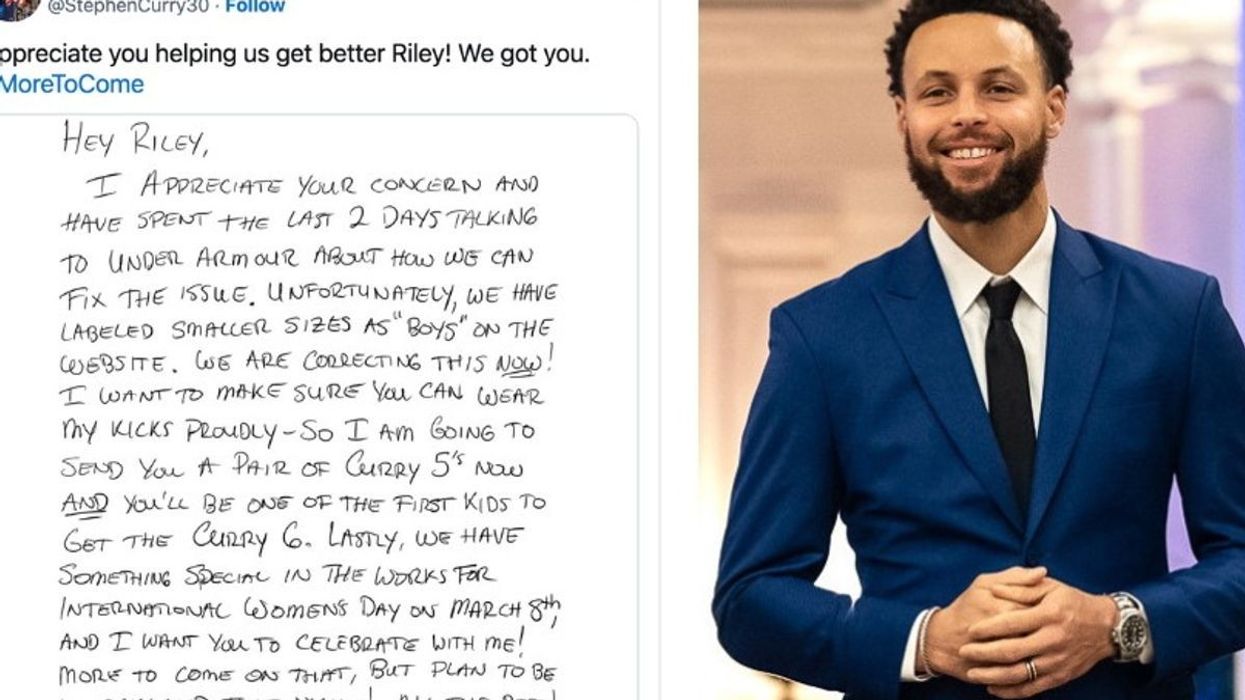








 The contestants and hosts of Draggieland 2025Faith Cooper
The contestants and hosts of Draggieland 2025Faith Cooper Dulce Gabbana performs at Draggieland 2025.Faith Cooper
Dulce Gabbana performs at Draggieland 2025.Faith Cooper Melaka Mystika, guest host of Texas A&M's Draggieland, entertains the crowd
Faith Cooper
Melaka Mystika, guest host of Texas A&M's Draggieland, entertains the crowd
Faith Cooper

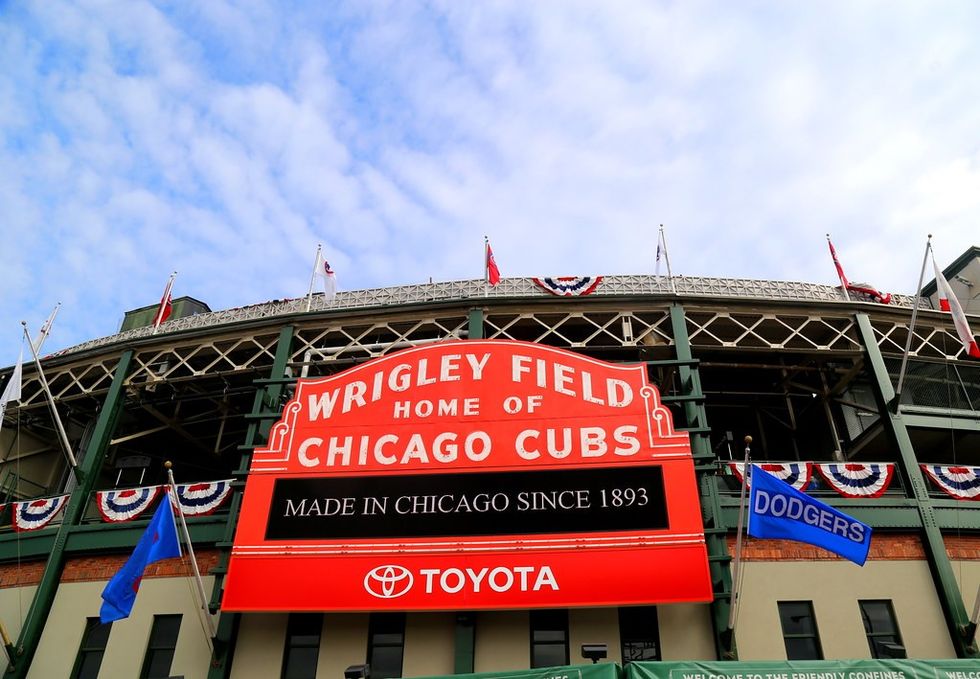 It's a beautiful day outside Wrigley Field. | It's a beautif… | Flickr
It's a beautiful day outside Wrigley Field. | It's a beautif… | Flickr

 Selection from Magali Duzant's La vie is like thatMagali Duzant
Selection from Magali Duzant's La vie is like thatMagali Duzant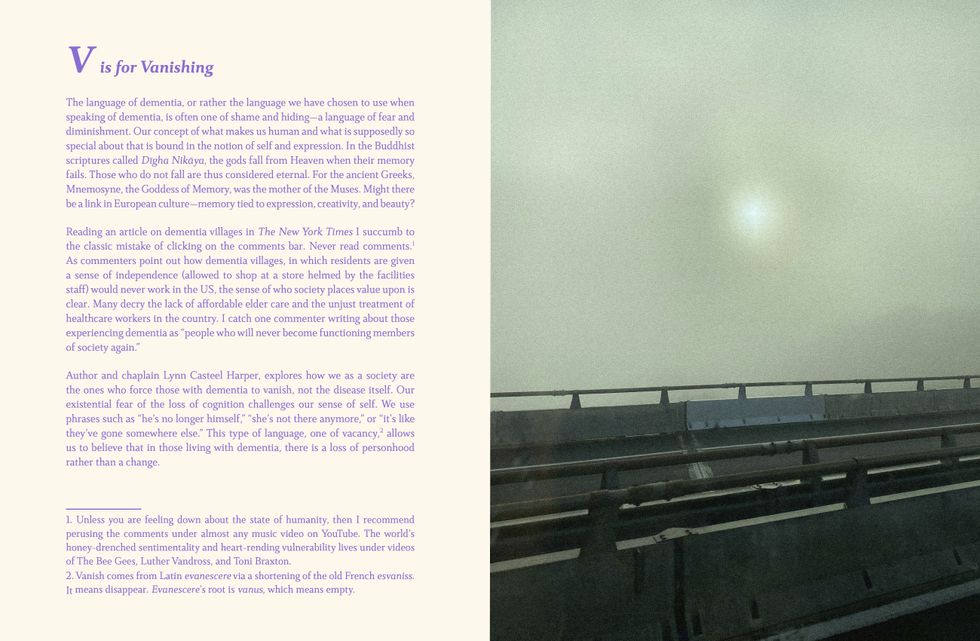 Selection from Magali Duzant's La vie is like thatMagali Duzant
Selection from Magali Duzant's La vie is like thatMagali Duzant Selection from Magali Duzant's La vie is like thatMagali Duzant
Selection from Magali Duzant's La vie is like thatMagali Duzant Selection from Magali Duzant's La vie is like that featuring her father, Jean Gérard Benoît Duzant, as a young man.Magali Duzant
Selection from Magali Duzant's La vie is like that featuring her father, Jean Gérard Benoît Duzant, as a young man.Magali Duzant
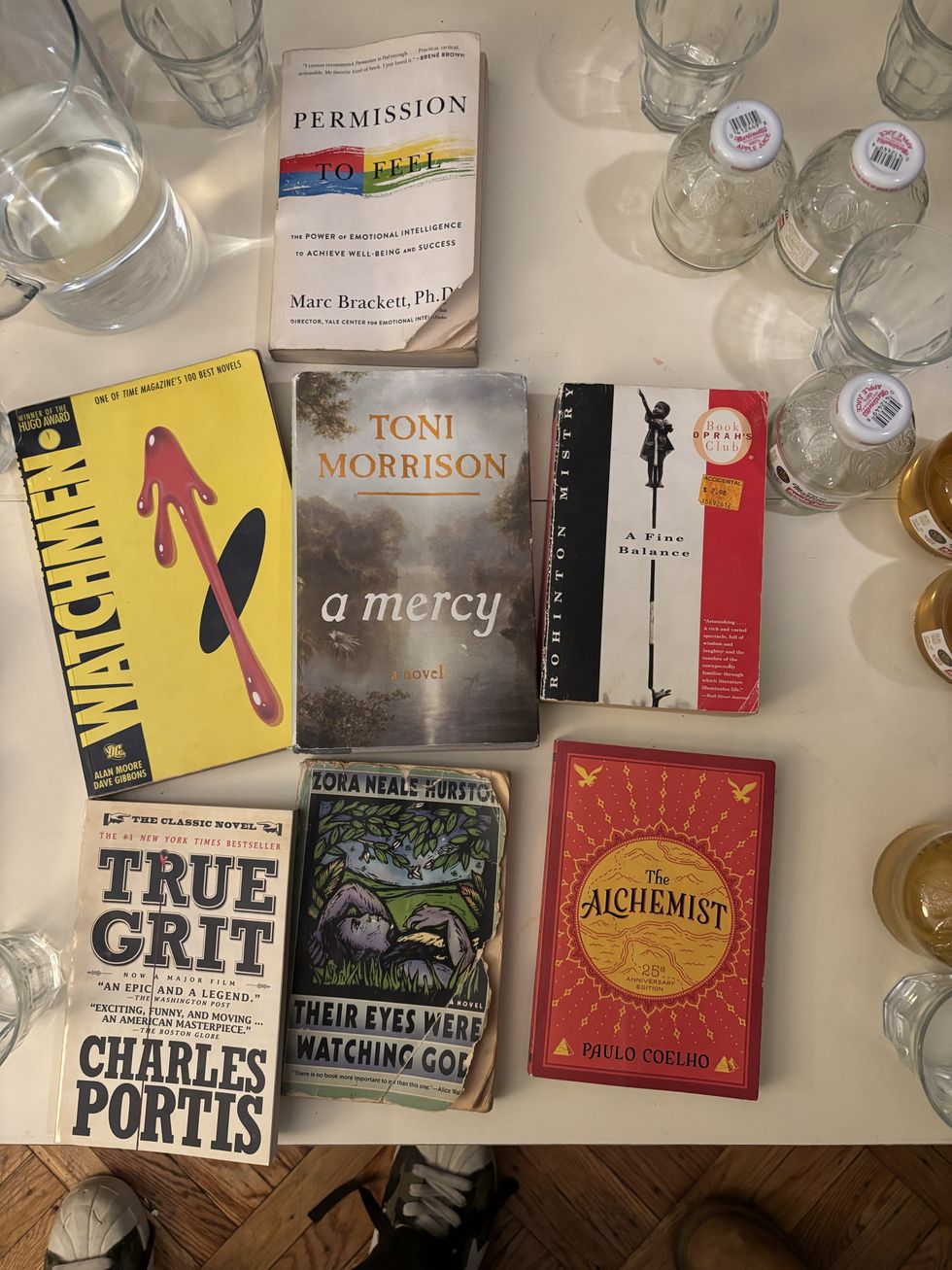 Books at the first meeting of the Fiction Revival book clubYahdon Israel
Books at the first meeting of the Fiction Revival book clubYahdon Israel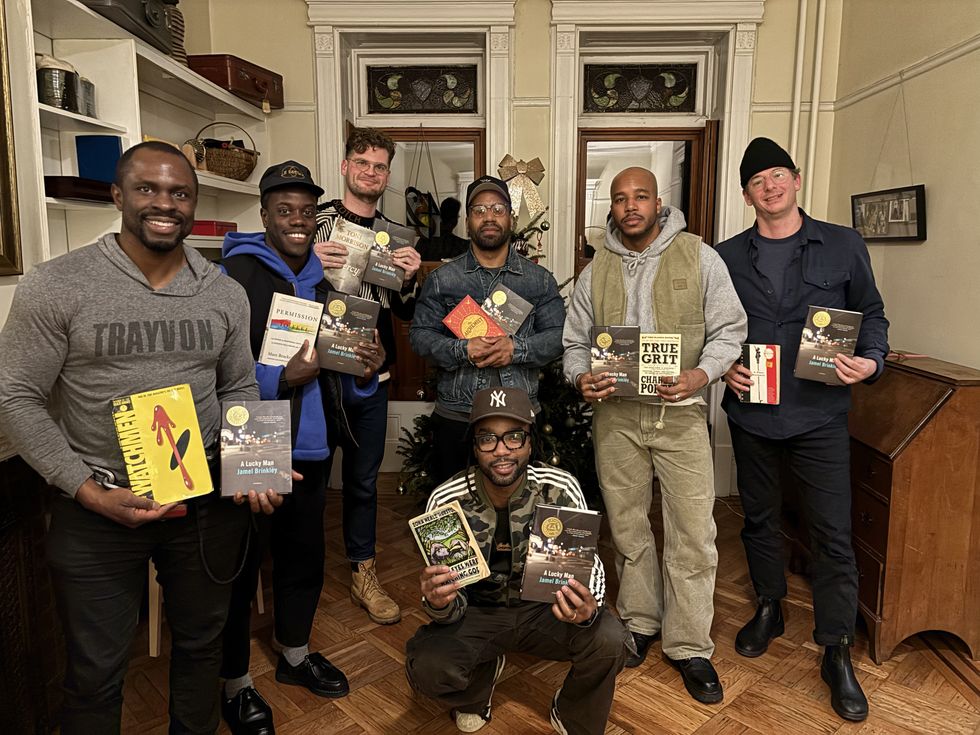 Attendees at the first Fiction Revival meeting.Yahdon Israel
Attendees at the first Fiction Revival meeting.Yahdon Israel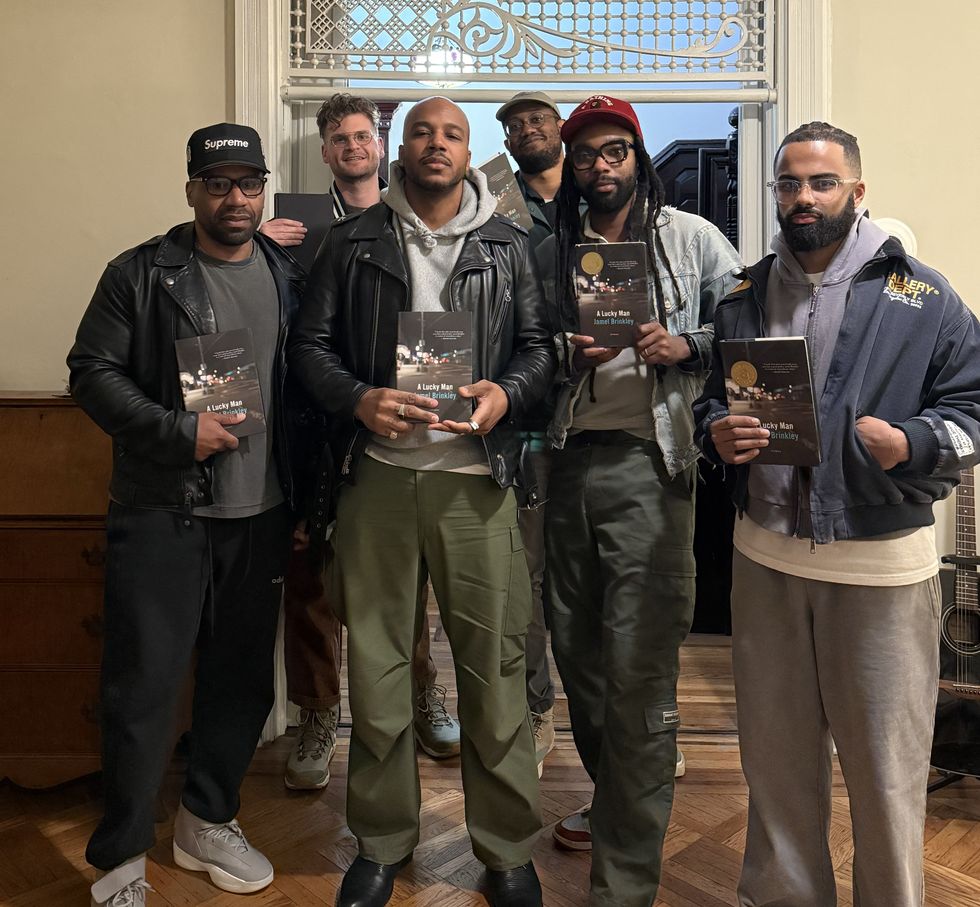 Attendees at the second Fiction Revival meeting.Yahdon Israel
Attendees at the second Fiction Revival meeting.Yahdon Israel
